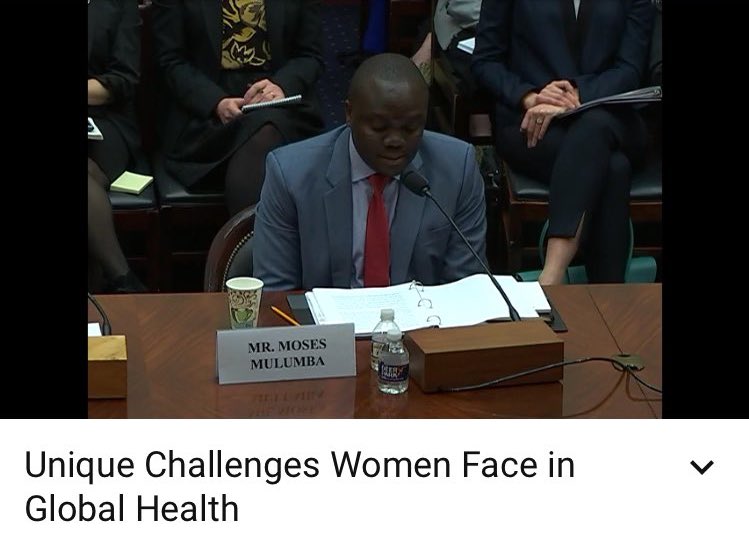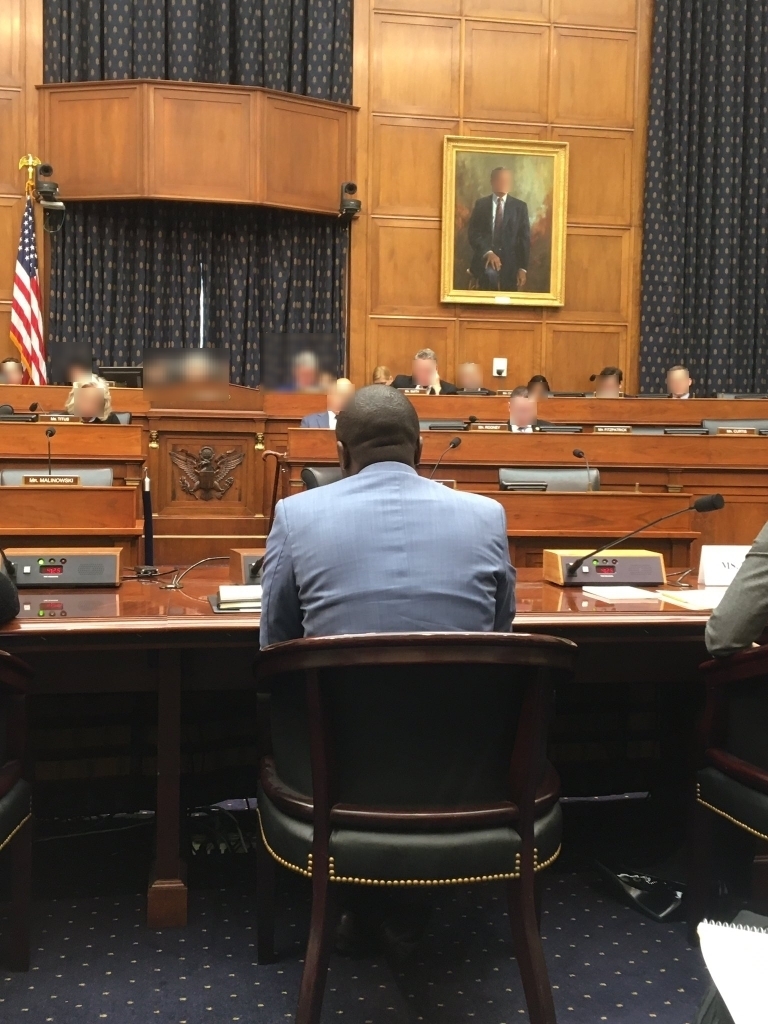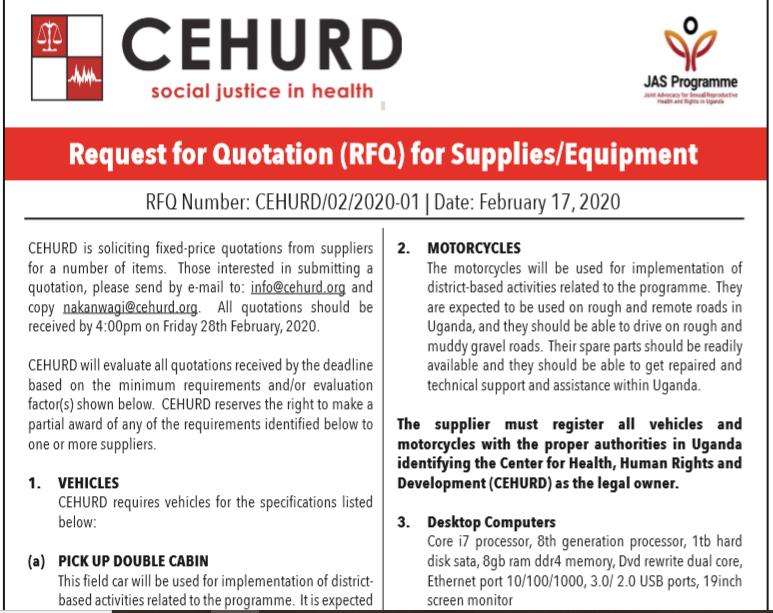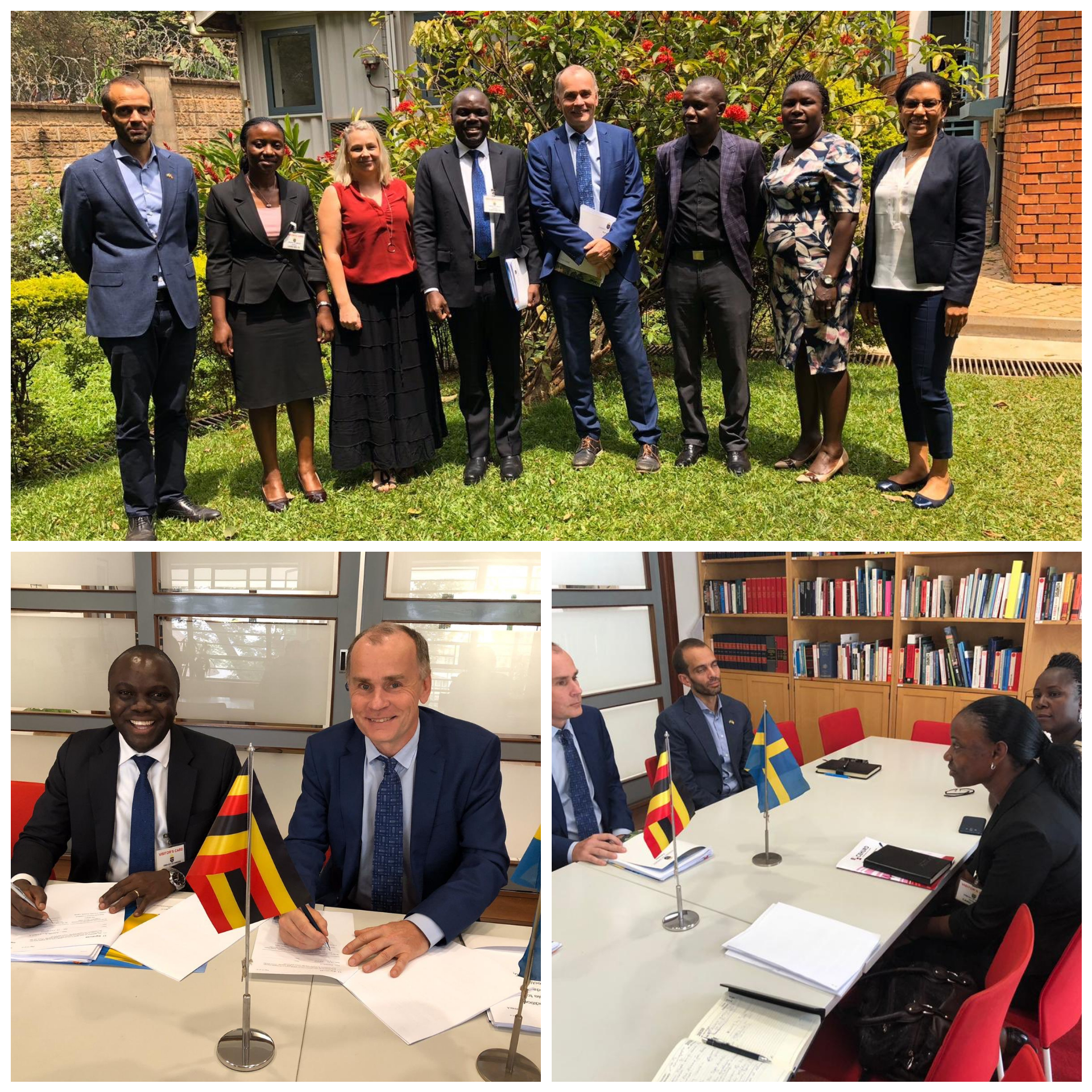CEHURD needs the services of a firm/individual to conduct an organizational capacity assessment of its implementing partners to identify their strengths and capacity gaps in areas of; Organizational governance, leadership and strategy, Human Resource policies and procedures, Financial policies and procedures, Programme development and management, Technical capacity in SRHR work (advocacy, movement building, networking), and Risk management, aimed at pushing forward the Joint Advocacy for Sexual Reproductive Health Rights (JAS) program on the progressive realization of SRHR in different constituents.
See Details below;-






